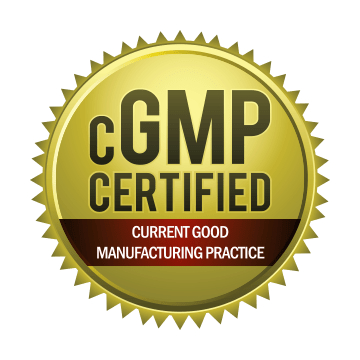
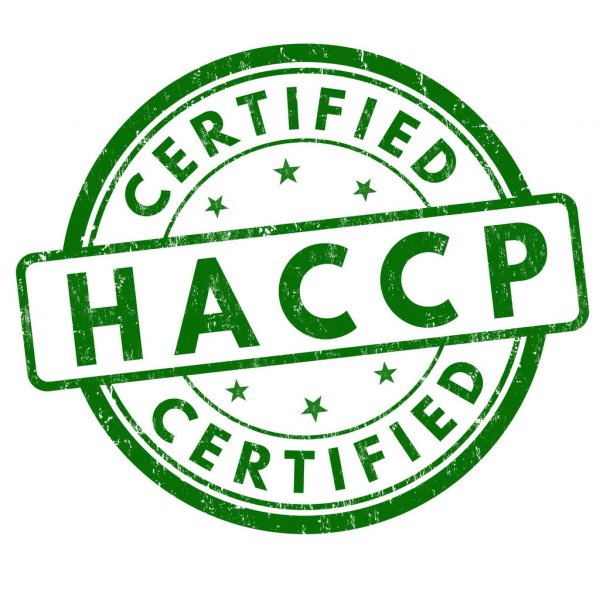
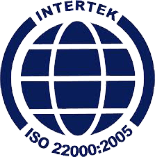
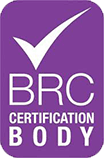
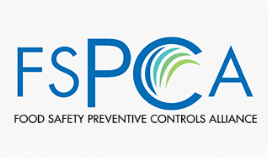
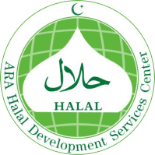

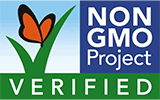
 NATCO IS A U.S. COMPANY
NATCO IS A U.S. COMPANY









NATCO is a renowned and trusted industry leader in the development and manufacturing of exclusive botanical Nutraceutical & Agriceutical ingredients.
Sold worldwide to formulators of nutraceuticals and authentic dietary supplements, NATCO offers the highest quality ingredients based on an exceptional medical research program.

NATCO is a renowned and trusted industry leader with more than 30 years of experience in research & development of botanical Nutraceuticals & Agriceuticals ingredients. We select the finest ingredients from nature and use our purification and extraction technology to provide clinically proven nutrients with all cofactors intact. Our raw ingredients are cGMP, HACCP and ISO certified. NATCO offers the highest quality ingredients based on an exceptional medical research program.
We deliver pure and high potency botanical ingredients to improve the lives of millions, while at the same time improve and protect the environment from harsh chemicals and other harmful materials that affect us in many ways and detriment to our health. Our raw materials are cultivated from the pristine valleys of Guilin, China and processed naturally using our proprietary extraction technology methods with all nutrients intact.

We are a U.S. based company from California

Compliant With the United States Food & Drug Administration

Clinically Tested According to United States Government Regulations

Made By 100% Non-Genetically Modified Organisms
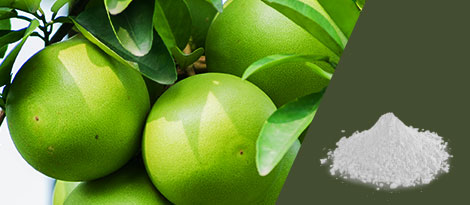
NHDC
Neohesperidin Dihydro- chalcone flavour enhancer and high itensity sweetener flavonoid
“Cardiac diet” is an unofficial term for a heart healthy diet. This is a plan to eat plenty of nutrient-rich foods-fruits and veggies, whole grains, lean poultry, and fish. And it also means avoiding saturated fats, trans fats, and excess sodium and sugar.
While eating a heart-healthy diet can lower your risk, it is also important to avoid eating foods that can increase your risk for heart disease.
Overall, we are more concerned about trans fats raising our blood cholesterol [than we are concerned about high cholesterol foods], It’s recommended you consume zero of this type of fat because it has been so strongly linked with heart disease.
While trans fats have been ‘banned’ from processed foods, they are still present in some foods in small quantities. For example, a jar of peanut butter could say it has 0 grams of trans fat but really contain about 0.4 grams per serving. Several foods with “just a little” trans fat can add up to too much trans fat. So check the label and make sure the foods you are eating do not contain “partially hydrogenated oils.” This can include:
1. Peanut butter
2. Packaged cookies
3. Packaged cakes
4. Donuts and muffins
For a hearty healthy diet, avoid trans-fat. This means choosing baked or roasted foods over fried ones. Also eat red meat about once or twice a week (or less), and select lean cuts, such as sirloin or filet mignon. Steer clear of:
1. Fatty cuts of red meat (porterhouse, rib eye, prime rib)
2. Any fried food
Saturated fats mostly come from meat and dairy products. Avoiding foods high in saturated fat-and choosing healthier options-can lower your cholesterol level and boost your lipid profile. Fatty beef is an example of a food with saturated fat. Also, on the list is:
1. Pork
2. Lamb
3. Poultry with skin
4. Butter
5. Cheese and other whole or reduced-fat dairy products
6. Whole fat dairy
Foods high in trans-fat and saturated fat to avoid include:
• Crackers.
• Doughnuts.
• Baked goods (cakes, cookies, and pie crust)
• Fried foods.
• Non-dairy creamer.
• Microwave popcorn.
1. Sugary drinks. Added sugar is one of the worst ingredients in the modern diet. …
2. Most pizzas. Pizza is one of the world’s most popular junk foods ….
3. White bread ….
4. Most fruit juices ….
5. Sweetened breakfast cereals.
6. Fried, grilled, or broiled food.
7. Pastries, cookies, and cakes.
8. French fries and potato chips.
Too much salt in your diet is bad for your cardiovascular health. That is because extra sodium increases blood volume in your blood vessels, raising blood pressure and making your heart work harder to pump it.
Eat 1,500 milligrams or less of sodium per day to keep blood pressure low. Your first step is keeping the saltshaker off the table. “Instead, use herbs and spices or a salt-substitute such as Mrs. Dash,” suggests Kelly. Read the label on any pre-made spice mixtures, since often the first ingredient is salt, and you want to stay away from that.” Also be careful of hidden salt in the foods you are eating. Anything over 140 mg of sodium per serving is a no-no. And surprisingly, these foods may be high in sodium:
1. Spinach
2. Broccoli
3. Cauliflower
4. Bok choy
5. Tomato
6. Arugula
7. Bell peppers
8. Carrots
9. Asparagus
You probably think of fiber as good for digestion, but it’s also an important component of a heart healthy diet. “One of the most important nutrients for heart health is soluble fiber,” explains Kelly. “Eating soluble fiber can help lower your cholesterol level and better manage blood sugar levels.” Aim for about 10 to 25 grams of soluble fiber per day; you can find it in:
1. Oats
2. Beans
3. Berries
4. Ground flaxseed
Omega-3 fatty acids are found in fatty fish and in some nuts and seeds. These good fats can reduce blood pressure, decrease triglyceride levels, slow the growth of plaque in the arteries and reduce the risk of arrhythmias. Your doctor may prescribe an Omega-3 supplement if you are on a heart patient diet but you should also be eating Omega-3-rich
foods such as:
1. Salmon
2. Tuna
3. Herring
4. Sardines
5. Walnuts
6. Ground flaxseed
7. Hemp Seeds
8. Chia seeds
If you have high blood cholesterol or another cardiovascular health concern, there are certain foods you’ll want to avoid to keep your heart healthy.
One common misconception is that all high cholesterol foods should be avoided completely. “Cholesterol from your diet actually doesn’t affect your blood cholesterol levels like it were once thought,” says Christy Shatlock, MS, registered dietitian at bistroMD. “However, you do have to be careful because oftentimes foods high in cholesterol are also high in saturated fat, which needs to be limited, on a heart healthy diet.” In other words, do not indulge in bacon and whole milk. But go ahead and eat eggs, salmon, and shrimp even though they have cholesterol, since they are not high in saturated fat.
they’re not high in saturated fat.
Instead of focusing on high cholesterol foods while on a cardiac diet, avoid trans fats and saturated fats and foods’ high in salt and sugar.
THE INFORMATION PROVIDED ON THIS WEBSITE IS INTENDED FOR EDUCATIONAL PURPOSES ONLY. THE EDUCATIONAL MATERIAL CONTAINED IN THIS SITE IS BASED ON A CAREFUL ANALYSIS OF THE SCIENTIFIC LITERATURE AND THE EXPERIENCE OF THE NATCO SCIENCES TEAM. OUR INGREDIENTS ARE CUTTING EDGE SCIENCE AND KNOWLEDGEABLE SCIENTISTS HAVE DIFFERING VIEWS AS TO ITS BENEFITS AND SAFETY. WE URGE EACH PROSPECTIVE CLIENT TO BECOME EDUCATED ABOUT OUR INGREDIENTS AND TO CONSULT THEIR OWN EXPERTS PRIOR TO USING ANY PRODUCTS. THESE PRODUCTS ARE NOT INTENDED TO DIAGNOSE, TREAT, CURE, OR PREVENT ANY DISEASE.

